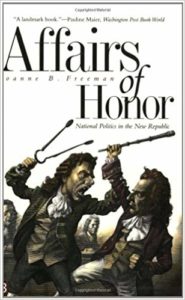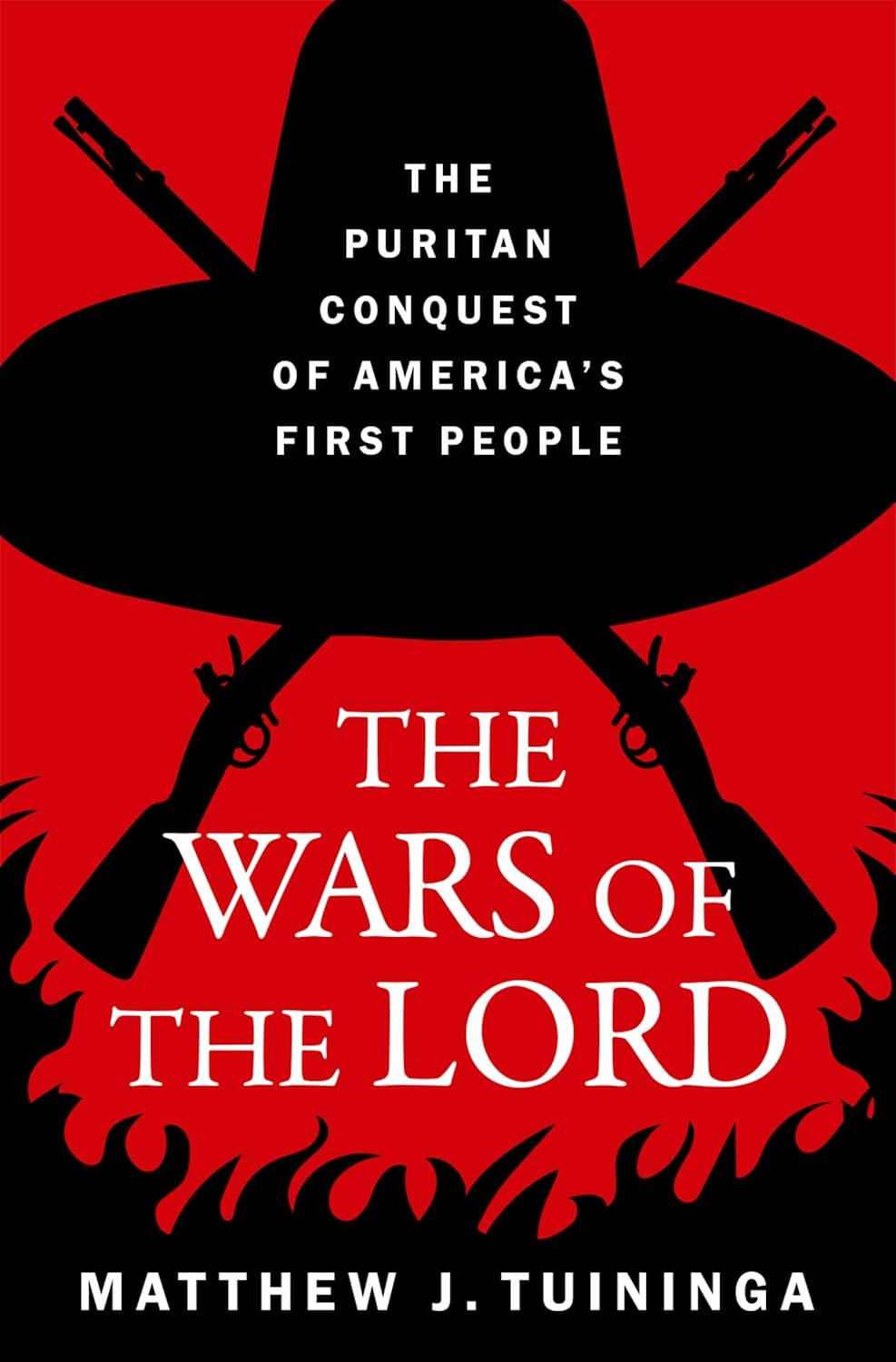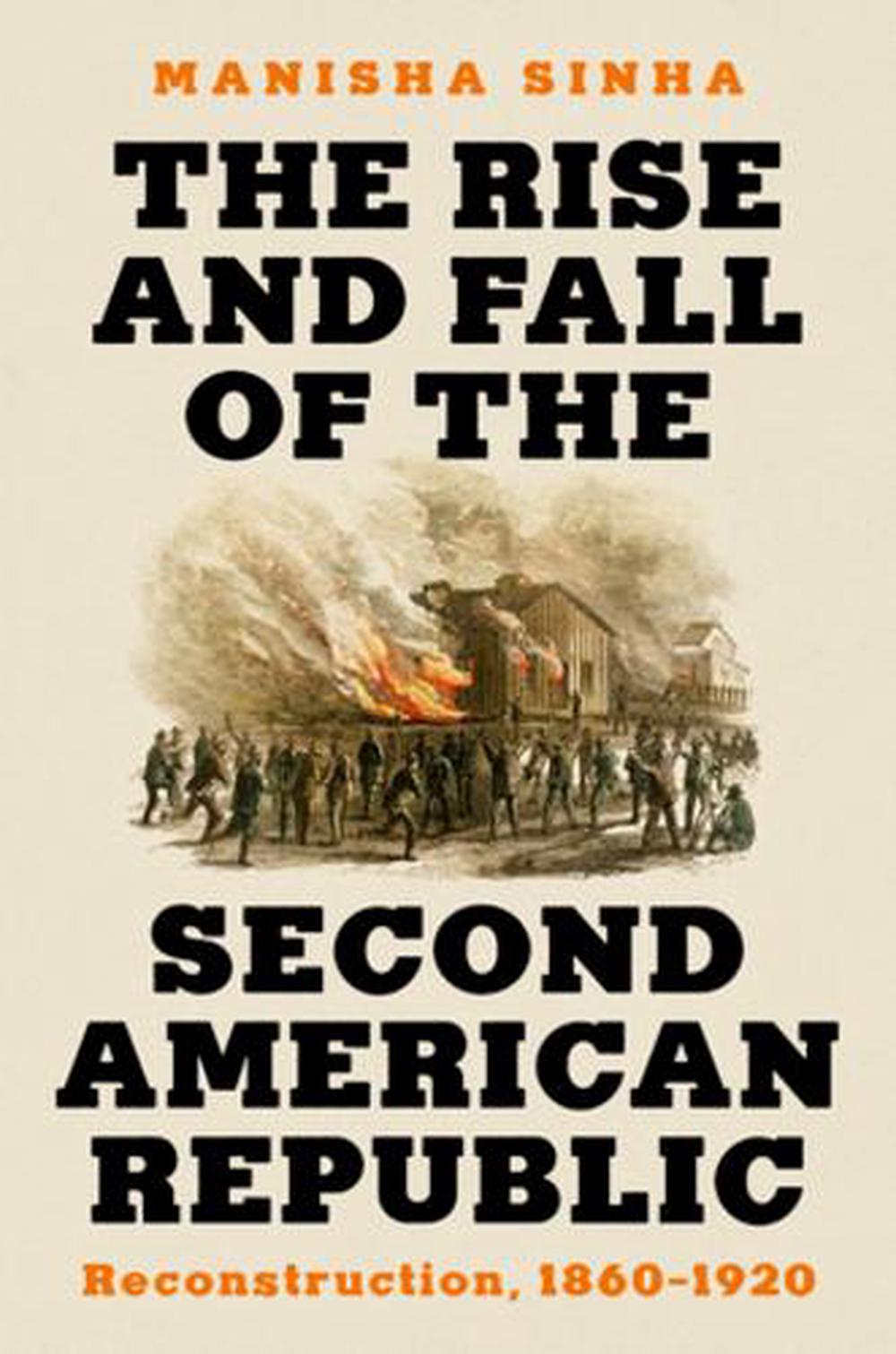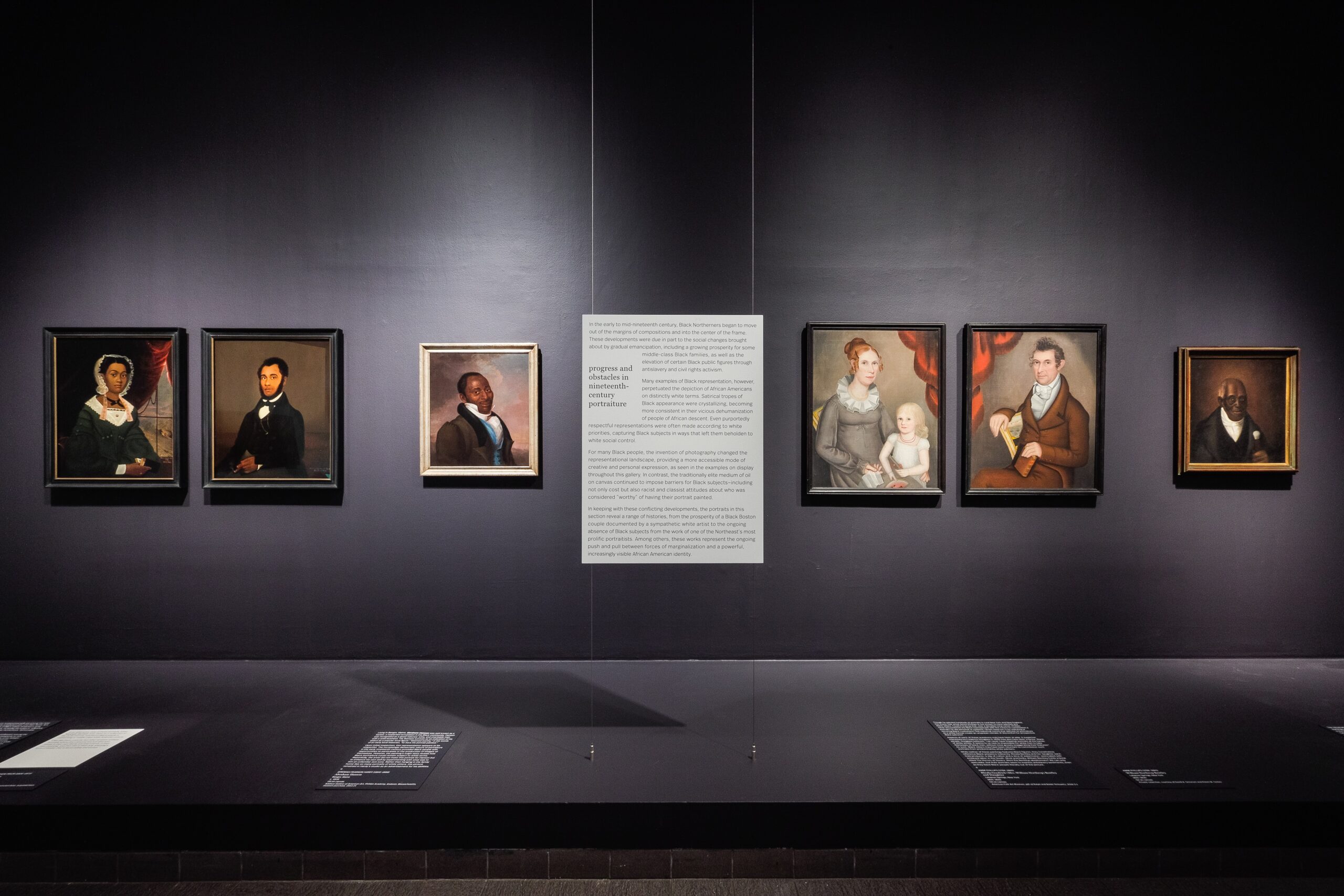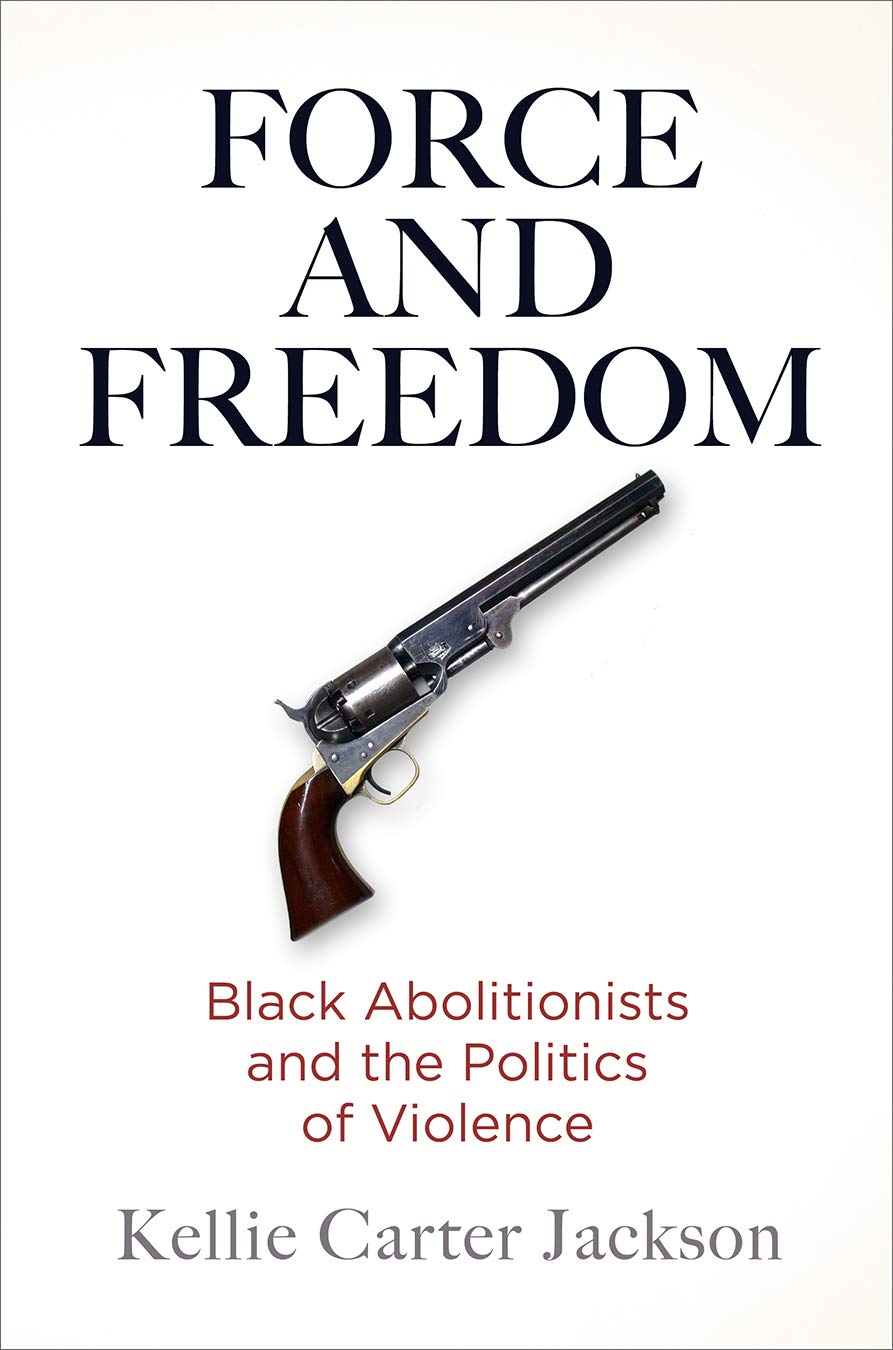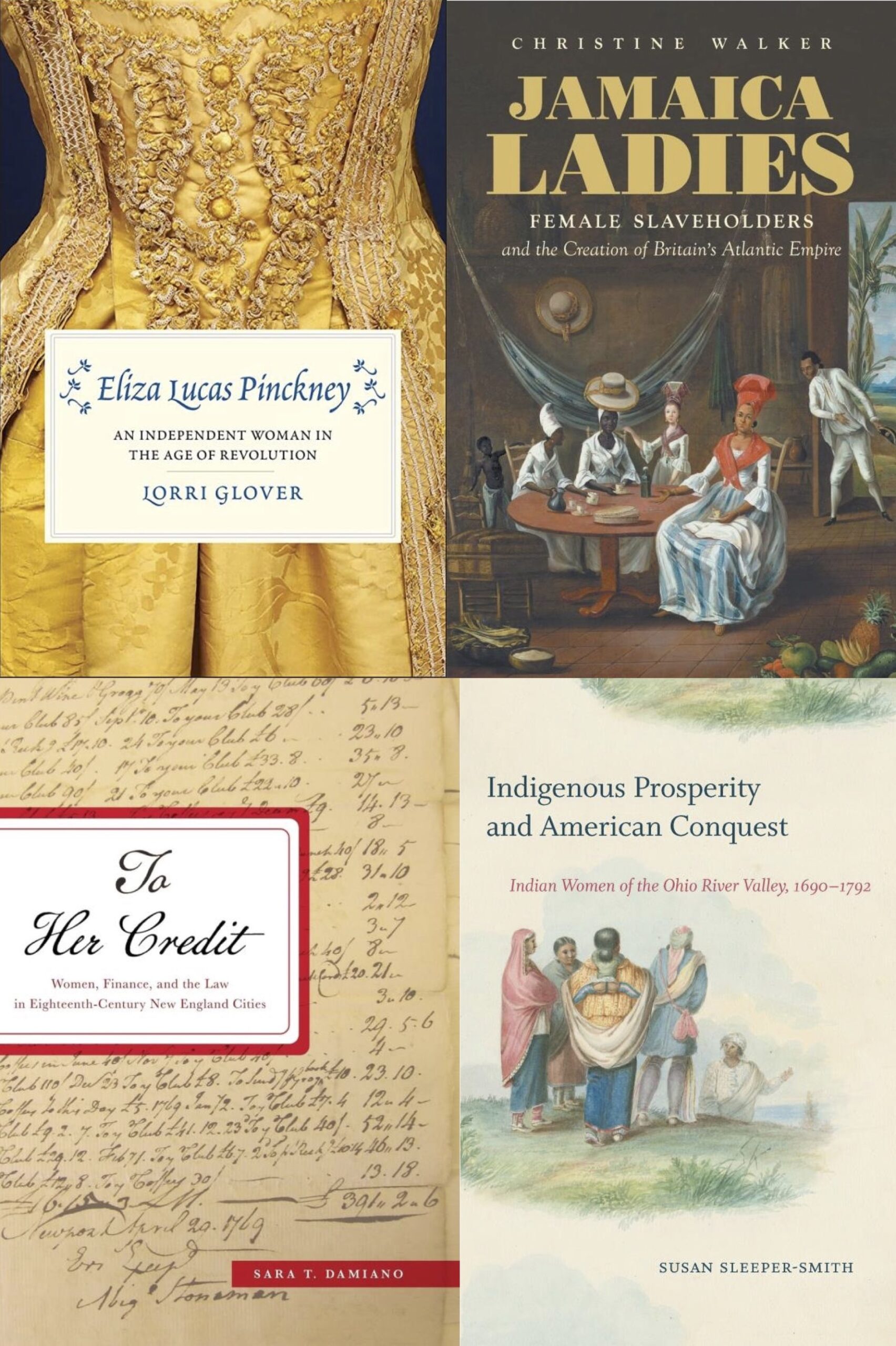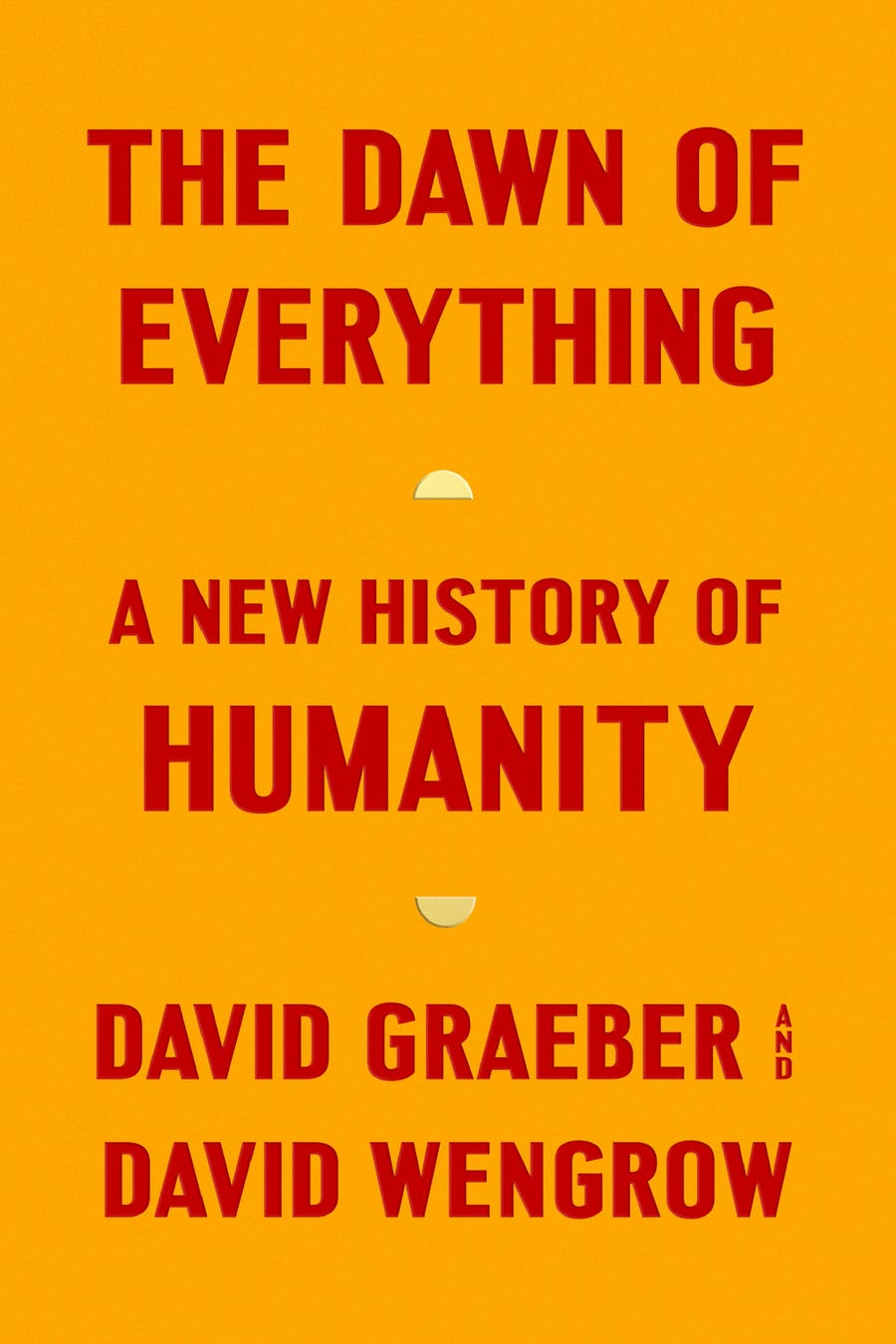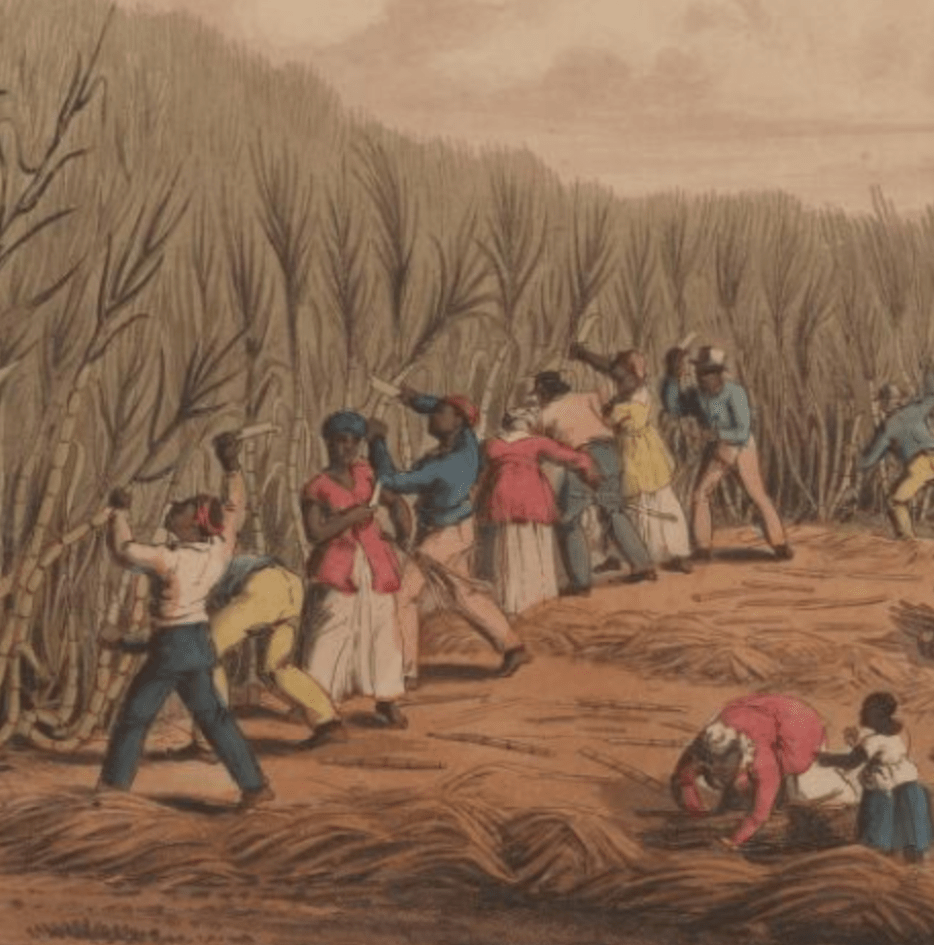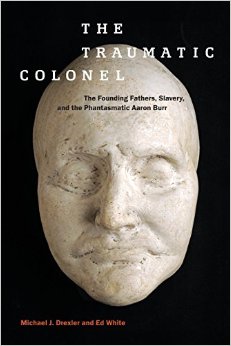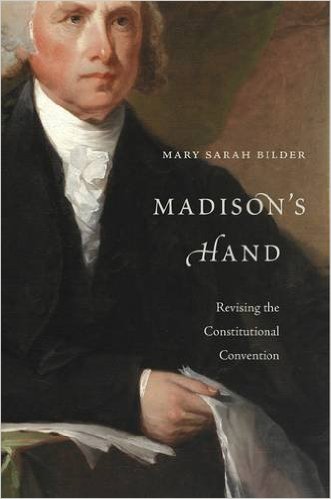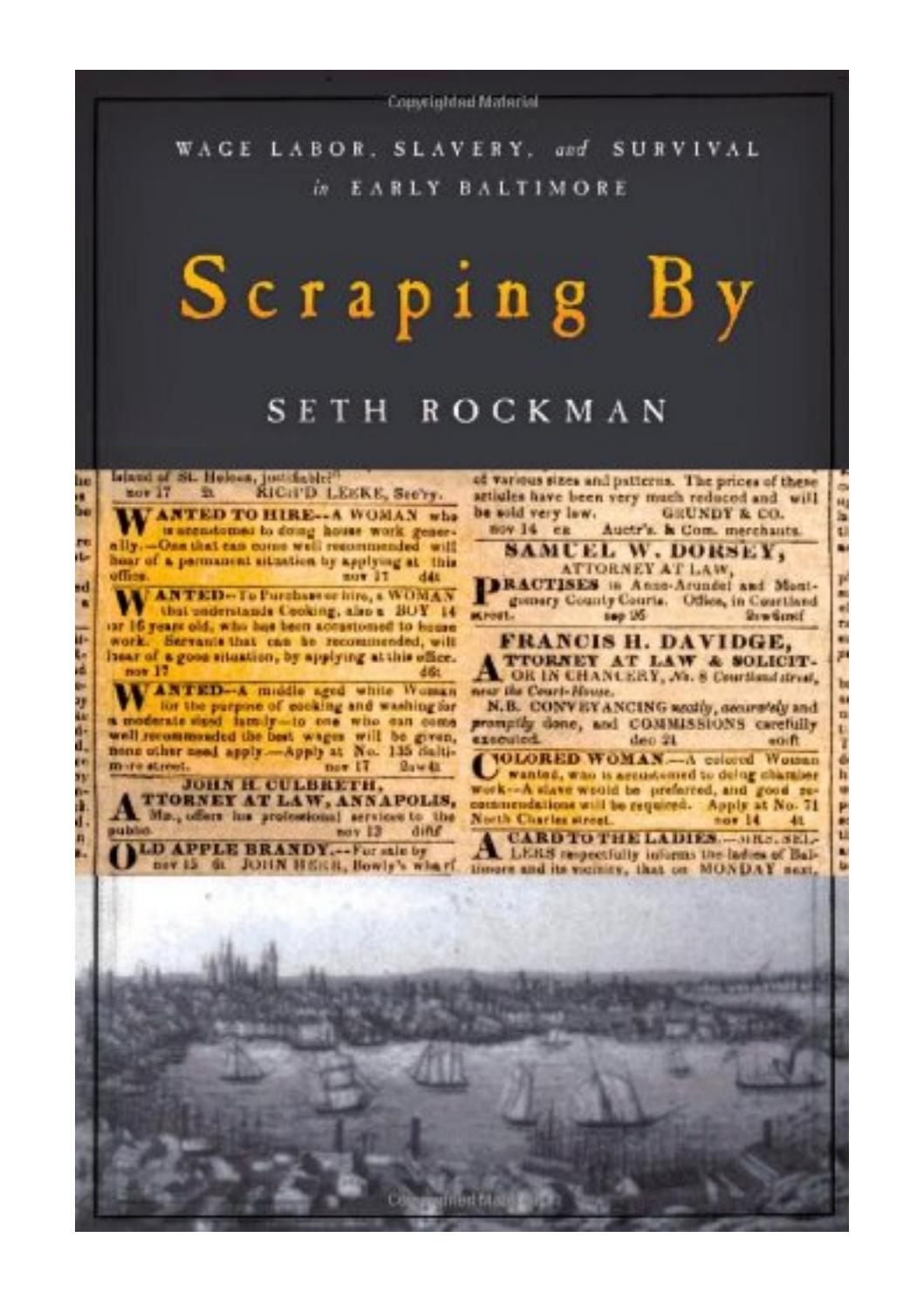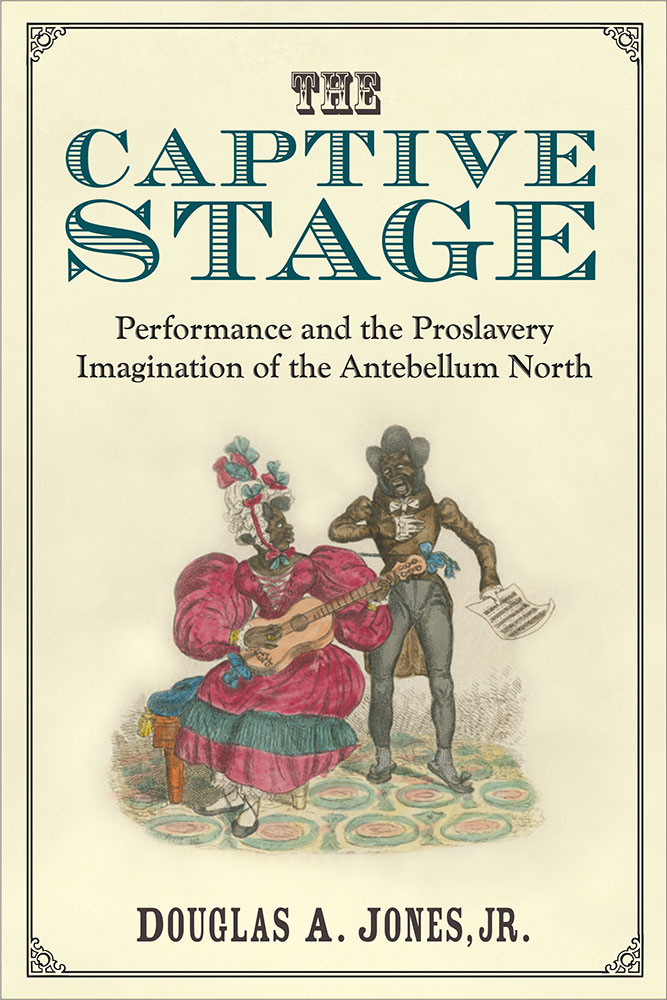Following his defeat in the presidential election of 1800-01, John Adams was nothing if not energetically bitter. In 1809, his enthusiastic resentment found a new outlet. Beginning in the spring of that year, the cantankerous octogenarian wrote an extended series of letters–over three hundred in all–that appeared biweekly in a local newspaper, the Boston Patriot. The object of the letters was threefold. Responding to the pleas of two young politicians, Adams hoped to shed light on the current diplomatic crisis between the United States, Britain, and France by reviewing various events from his term as president. He also sought to discredit Alexander Hamilton and his attacks against Adams during the election of 1800-01. Perhaps most importantly, the former president desired to redeem his reputation and character. Having suffered abuse from both sides of the political divide–Hamiltonian Federalists and Jeffersonian Republicans–Adams believed a newspaper defense would turn public opinion in his favor by revealing the nobility of his intentions and the merit of his deeds.
Unfortunately for Adams, he miscalculated. Because Hamilton had been dead for five years, the newspaper blitz was deemed petty and inappropriate. Instead of creating a groundswell of popular political support, the Patriot epistles seemed to generate more criticism. The paper campaign to vindicate Adams added yet another black mark to the former president’s somewhat dubious legacy.
The great virtue of Joanne B. Freeman’s Affairs of Honor is the way in which it contextualizes apparently isolated episodes like Adams’s letter campaign. The author creatively shows that while the Patriot writings reflected Adams’s peculiarly sensitive emotions, they also demonstrated the particular historical problems faced by American elites in the early United States. More specifically, Freeman brings into relief the cultural work of honor among a people struggling to resolve the tensions between notions of republicanism and those of democracy, between aristocratic assumptions and plebeian pressures, and between organizational partisanship and personal politics.
In that regard, it is to Freeman’s great credit that students of American history must henceforth come to terms with honor culture as part and parcel of late eighteenth-century enlightened gentility, and not simply as the peculiar progeny of antebellum Southern life. As in most other societies of the early modern Western world, elites in the first decades of the United States viewed themselves through the lens of traditional manners and ethical codes. Sympathetic as they were to notions of popular sovereignty and representative government, those considered to be among the “better sort” maintained neo-aristocratic assumptions about social hierarchy and personal morality. Foreshadowing Alexis de Tocqueville’s anxiety about democracy more than Andrew Jackson’s advocacy of it, leading politicians repeatedly betrayed the struggle to adapt to the demands of post-Revolutionary America. In short, Freeman convincingly demonstrates that the Founding Fathers of the United States not only hearkened to Old World notions like “rank,” “character,” and “fame”; they daily lived them.
The depth and sophistication of honor culture comes through quite clearly in Freeman’s insightful chapter on the “weapons of paper warfare.” Framed by a useful discussion of Adams’s Patriot letters, the analysis focuses on print culture and how it served (or failed to serve) the interests of politicians hoping to preserve their reputations and promote their political principles. Carefully dissecting the particular benefits and risks associated with each type of “paper war,” Freeman illuminates the intersection of private and public. “Public-minded private letters” facilitated partisan gossip by covering the political intentions of an author with the blanket of supposedly impromptu correspondence between intimates. Pamphlets were more serious forays in that they gave elites the chance to present an extended, legal justification of their actions before a rather exclusive audience of their peers. Broadsides and handbills were emotionally strident appeals to a mass public. Newspapers were a compendium of political reports, accounts of foreign news, and local miscellany through which elites could reach the widest possible audience.
Honor thus accentuated the growing importance of print in the new United States. Desperately hoping to uphold the integrity of their public images, elites resorted to different forms of print communication because they offered the opportunity to effectively communicate with various constituencies. Printed mediums, in turn, reinforced rituals of honor by making leading figures in the American polity acutely aware of the force of public opinion; since honor was “other-directed,” it had to be vindicated in public forums. Men like John Adams exposed themselves to public criticism because they believed it was far more dangerous leaving their reputations undefended. The depth of feeling regarding personal honor pushed elites to submit themselves to the unnerving and unpredictable forces of popular democratic approval.
In fact, so embedded were notions of honor among the American genteel that they seemed to transcend the political divisions of the day. As Freeman emphasizes, a resilient bond of shared cultural assumptions often united elite Jeffersonians and Federalists as a social class and generation. “Disagree as men might on the purpose, structure, or tenor of national governance–argue as they did about the meaning of concepts like federalism and republicanism–clash as they must about the future of the nation–they expected their opponents to behave like gentlemen” (xvii). Political parties in the early republic, as a result, were ill formed and highly contingent. They frequently formed around the personality and social force of particular individuals rather than inchoate institutional imperatives. Reminiscent of Joseph Ellis’s vivid depiction of the “Founding Brothers,” Freeman’s book conveys the historical framework through which the earliest American leaders expressed the most deeply human qualities. Simultaneously loyal and disloyal, spiteful and honorable, easily offended and capable of making great sacrifices, American politicians invested their very sense of self-worth in the future of the United States. As Affairs of Honor eloquently shows, these were guys (virtually all of the book’s characters are male) who took politics personally.
And yet, Freeman’s depiction of the personal nature of politics in the early national period is not without flaws. To begin with, while she is correct to reiterate the somewhat informal ties underlying the earliest American parties, she overstates her case. It is highly debatable whether “[p]arty bonds,” as Freeman asserts, “were personal above all else” (259). Equally questionable is the claim that politicians in the early nineteenth century “imposed much of the structure and order now taken for granted” (xix). Nor is it entirely clear that it was “almost impossible to distinguish friends from foes” (xviii). For despite the predisposition to form partisan alliances along personal lines, as well as the bias against factions, politicians voluntarily formed national parties and made sure they exerted real force. What is more, people living in the 1790s did not usually have trouble recognizing their opponents. In fact, political divisions of that era could be so stark and so severe that some people would cross the street in an effort to avoid encountering a partisan enemy.
Real issues and real politics, therefore, mustnecessarily be taken into account. The last decade of the eighteenth century was a period of intense political strife in the United States in large part because the stakes were so high. People were fighting to shape the nature of the newly formed national government. They were struggling to define the place of the United States in a world of international revolutionary upheaval. And they were seeking to preserve and extend their particular version of the American Revolution. For all the fluidity and unevenness of parties, the substantive polarity of the political realm cannot be ignored. Unfortunately, it is the very stuff of political dissension that is generally absent in Freeman’s book.
In addition, it is unclear whether personal politics in the new republic differed in degree or kind from that taking place in the colonial and Revolutionary periods. Numerous scholars have shown that political authority in the eighteenth century derived from the power of particular persons. They have also convincingly emphasized the importance of familial links, patronage, personal loyalties, and shifting alliances. But whether or not the disputes of the 1790s were a continuation, intensification, modification, or repudiation of previous trends cannot be determined from Freeman’s book because she does not set her account of early national politics against that which preceded it.
Moreover, Freeman describes the code of honor as a “source of stability” (xv) without ever considering that the exact opposite might also have been true in some cases. In other words, was it possible for honor to exacerbate political disputes rather than alleviate them? Did not the need to view partisan attacks in such a personal way create the possibility for greater violence? Intent on downplaying the gravity of conflict and the depth of political divisions in the 1790s, Freeman channels the cultural work of honor into an unnecessarily narrow outlet and misses an opportunity to convey more fully the double-edged nature of honor culture.
These criticisms notwithstanding, individuals interested in early national politics will learn much from Freeman’s work. Affairs of Honor provides a useful analysis of the anxiety surrounding the formation of American political culture. It offers yet another perspective from which to view the shapers of national governance in the United States. And it fruitfully reminds us that taking politics personally has a long and somewhat tortured history.
Further Reading: Joseph Ellis shares Freeman’s emphasis on personal politics in Founding Brothers: The Revolutionary Generation (New York, 2001). Important descriptions of the personal nature of politics in the colonial and Revolutionary era can be found in Gordon S. Wood, The Radicalism of the American Revolution (New York, 1991), 11-92, and Michael Wallace, “Changing Concepts of Party in the United States: New York, 1815-1828,” American Historical Review 74 (1968) 453-91. Ronald P. Formisano provides an intelligent interpretation of political parties in the early republic in “Deferential-Participant Politics: The Early Republic’s Political Culture, 1789-1840,” American Political Science Review 68 (1974) 473-87. The severity of elite political strife and divisions in the 1790s can be sensed in John R. Howe, Jr., “Republican Thought and the Political Violence of the 1790s,” American Quarterly19 (1967) 147-65; Marshall Smelser, “The Jacobin Phrenzy: Federalism and the Menace of Liberty, Equality, and Fraternity,” Review of Politics 13 (1951) 457-82; Marshall Smelser, “The Federalist Period as an Age of Passion,” American Quarterly 10 (1958) 391-419; and Marshall Smelser, “The Jacobin Phrenzy: The Menace of Monarchy, Plutocracy, and Anglophilia, 1789-1798,” Review of Politics 21 (1959) 239-58. Bertram Wyatt-Brown’s Southern Honor: Ethics and Behavior in the Old South, (New York, 1982) is the definitive treatment of its subject.
This article originally appeared in issue 2.3 (April, 2002).
Matthew Rainbow Hale is completing his dissertation at Brandeis University. His work explores the impact of transnational revolutionary upheaval on the early United States.



